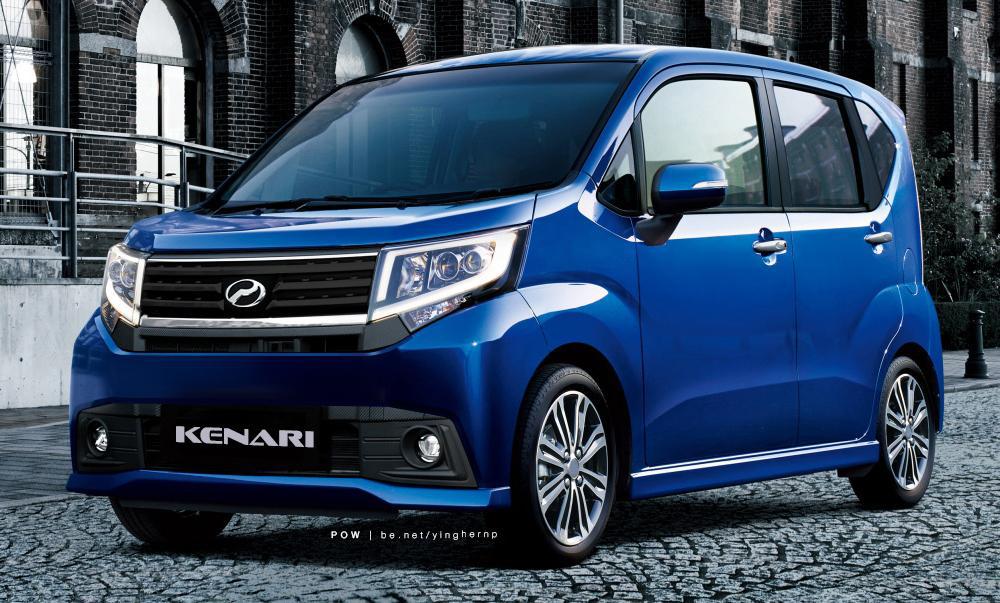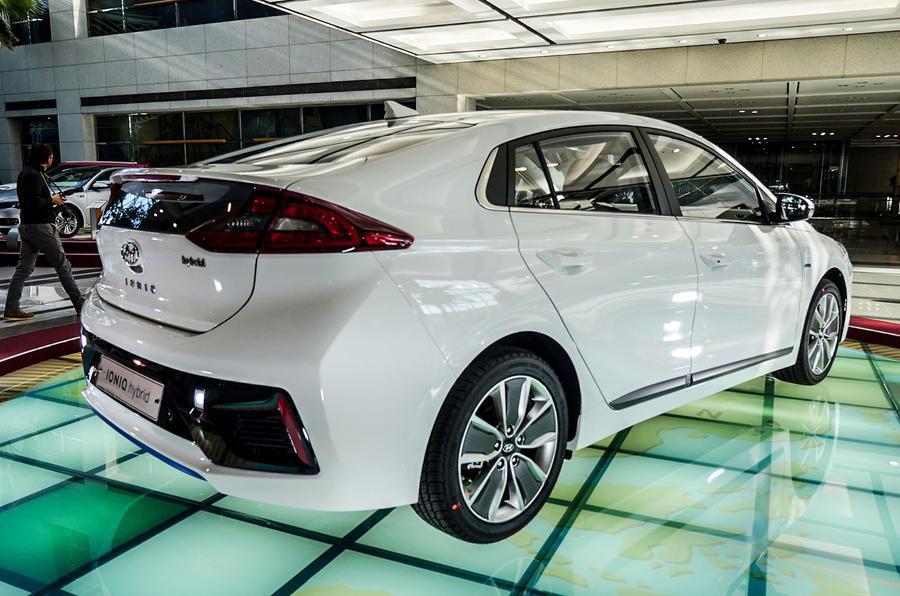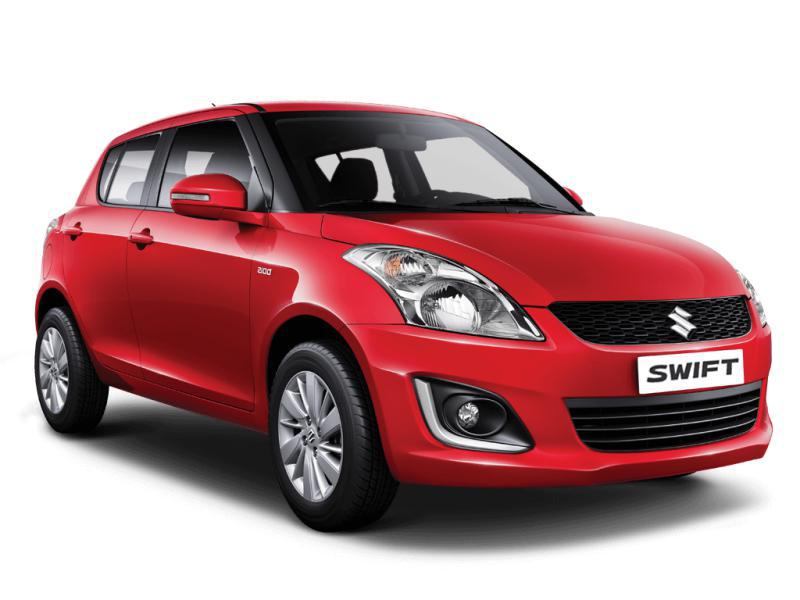CAR T-cell immunotherapy

MUSC Health on track to suggest fresh gene therapy for cancer
CAR T-cell immunotherapy helps the assets battle cancer
Youthful patients with leukemia may be able to get a fresh type of treatment known as CAR T-cell immunotherapy at MUSC Health in the near future, possibly within a year, according to tumor immunologists Chrystal Paulos and Juan Varela. “We’re certainly positioning ourselves to be one of the centers to suggest the therapy,” Varela said.
Paulos and Varela collaborate at the Medical University of South Carolina, drawn together by their common interest in the field of adoptive T-cell transfer, or ACT. Paulos, who has been closely involved in CAR T-cell research for more than a decade, called the treatment a game changer. “I think it’s a major, titillating discovery,” Paulos said. “I’m very thrilled that it has come all the way to a recommendation by an FDA advisory committee.”
By the end of October, the Food and Drug Administration could approve the use of the “living drug” treatment for kids and youthfull adults with B-cell acute lymphoblastic leukemia who haven’t responded to standard treatment or have had the cancer recur. In a clinical trial introduced to the FDA, more than eighty percent of the children who got the treatment went into remission, according to the drug company Novartis.
With that in mind, Varela, a doctor specializing in treating people who have blood cancers, believes final FDA approval is likely. “It’s arousing because it’s the very first T-cell-based therapy that’s going to be approved. I have been working in this field for fifteen years, and it’s wonderful to ultimately see something coming through that we can suggest patients. It’s a good time to be an immunologist.”
It may be a good time for fighting other types of cancer, too. CAR T-cell immunotherapy is being tested as a possible treatment for blood, brain, breast, gastrointestinal, lung, ovarian, pancreatic and skin cancer.
How it works
Paulos described how the treatment works. “T-cells, which play a key role in the immune system, are eliminated from the patient. They’re genetically altered to produce chimeric antigen receptors, CARs, or T-cell receptors, TCRs, which recognize and target proteins specifically linked to cancer.”
Varela said that genetic alteration involves the use of a retrovirus or lentivirus that is in the same family as HIV to trigger the switches. “We use the virus as a courier to take the messaging to the DNA of the cells. We take the bad stuff out of the virus and put in what we want and use the capability of the virus to supply the material we need to supply.”
The cells are grown in the lab until there are millions or even billions of them. Then the engineered T-cells are returned to the patient’s assets, where they proceed to divide and work to conquer cancer.
Since CAR-T cell treatment is so personalized, if approved, it may cost patients more than $300,000. It also comes with risks that include:
- Cytokine-release syndrome, which can cause reversible symptoms including a fever, breathing problems, delirium and seizures
- B-cell aplasia, which reduces the body’s capability to make antibodies
- Tumor lysis syndrome, which is a life-threatening condition caused by the breakdown of dying cells
But Varela said for patients with few or no other options, the treatment is a welcome fresh source of hope.
Paulos has a good perspective on how CAR T-cell immunotherapy got to this point. While she now runs a lab at MUSC developing fresh T-cell treatments for patients with advanced cancer, her resume includes postdoctoral fellowships with two tumor immunologists who are leading the way in CAR T-cell immunotherapy: Nicholas Restifo at the National Cancer Institute and Carl June at the University of Pennsylvania. “As a team, we are the driving force behind this movement,” Paulos said. “My lab has two NCI grants on how to improve this therapy.”
Immunologists, including Dr. Paulos, talk to a packed house at the July Science Cafe.  Photo by Dawn Brazell
Immunotherapy at MUSC Health
Back on the MUSC campus, there’s an significant facility that helps with the scientists’ and doctors’ work, and it’s one of fewer than twenty clean cell facilities in the country. It’s a lab that can help ensure that T-cells liquidated from patients for treatment are unlikely to be tainted with bacteria or infection. It’s sure to stay busy. At MUSC Hollings Cancer Center, a National Cancer Institute-designated cancer center, more immunotherapy trials and treatments are underway than at any other institution in the state.
Current immunotherapy treatments suggested at MUSC Health include:
- Monoclonal antibodies (aka targeted therapy), which are drugs that tie to or mark cancer cells so the immune system can find them more lightly
- Cytokines, which are proteins made by the body’s cells that help the immune system fight cancer
- Vaccines, which boost the immune system’s response to cancer cells
- Bacillus Calmette-Guerin, a bacteria used to treat bladder cancer
Varela said immunotherapy is becoming the fourth pile of cancer treatment, joining chemotherapy, radiation and surgery. “This a brand-new way to treat cancer, and in my view, this is going to be the one that’s most effective.”


